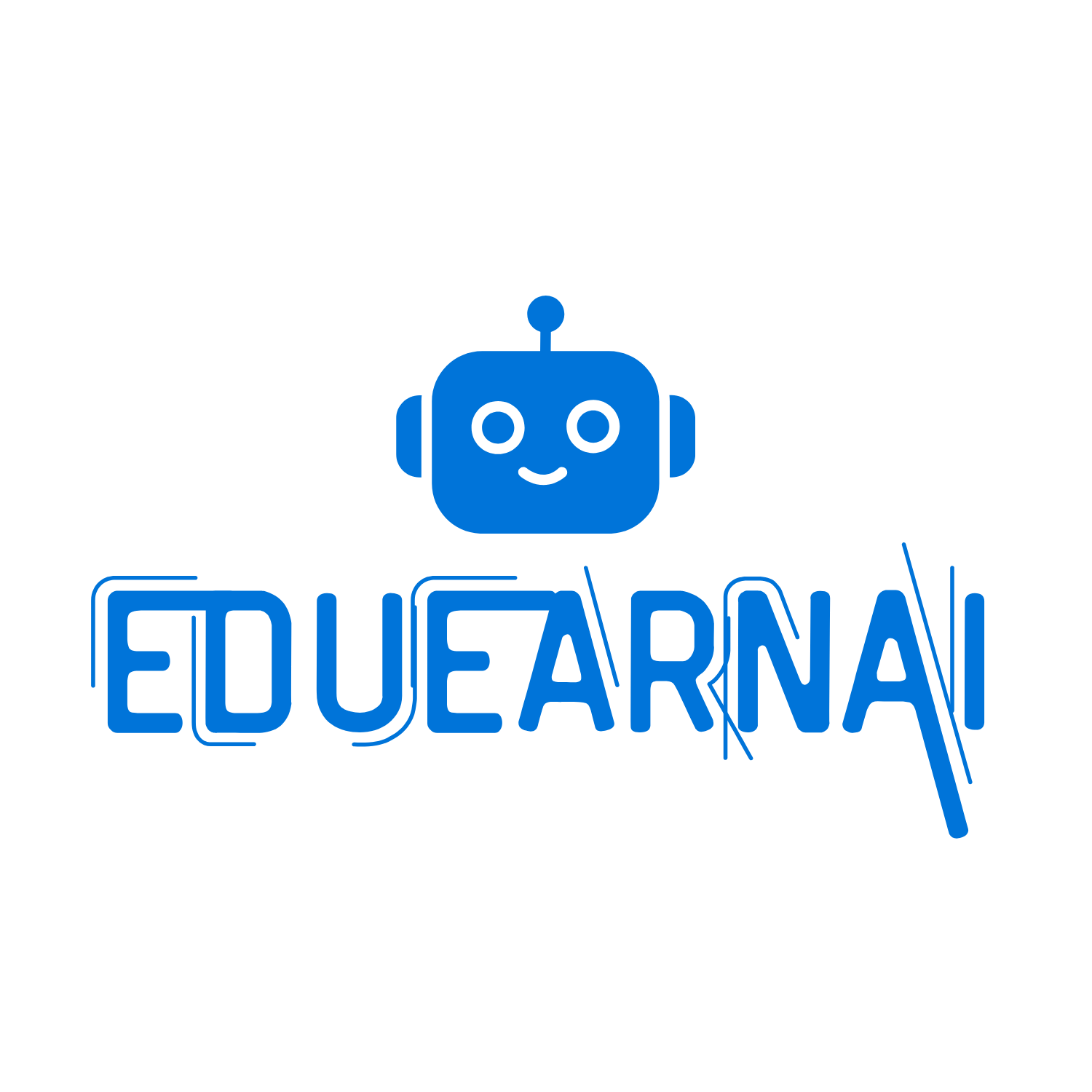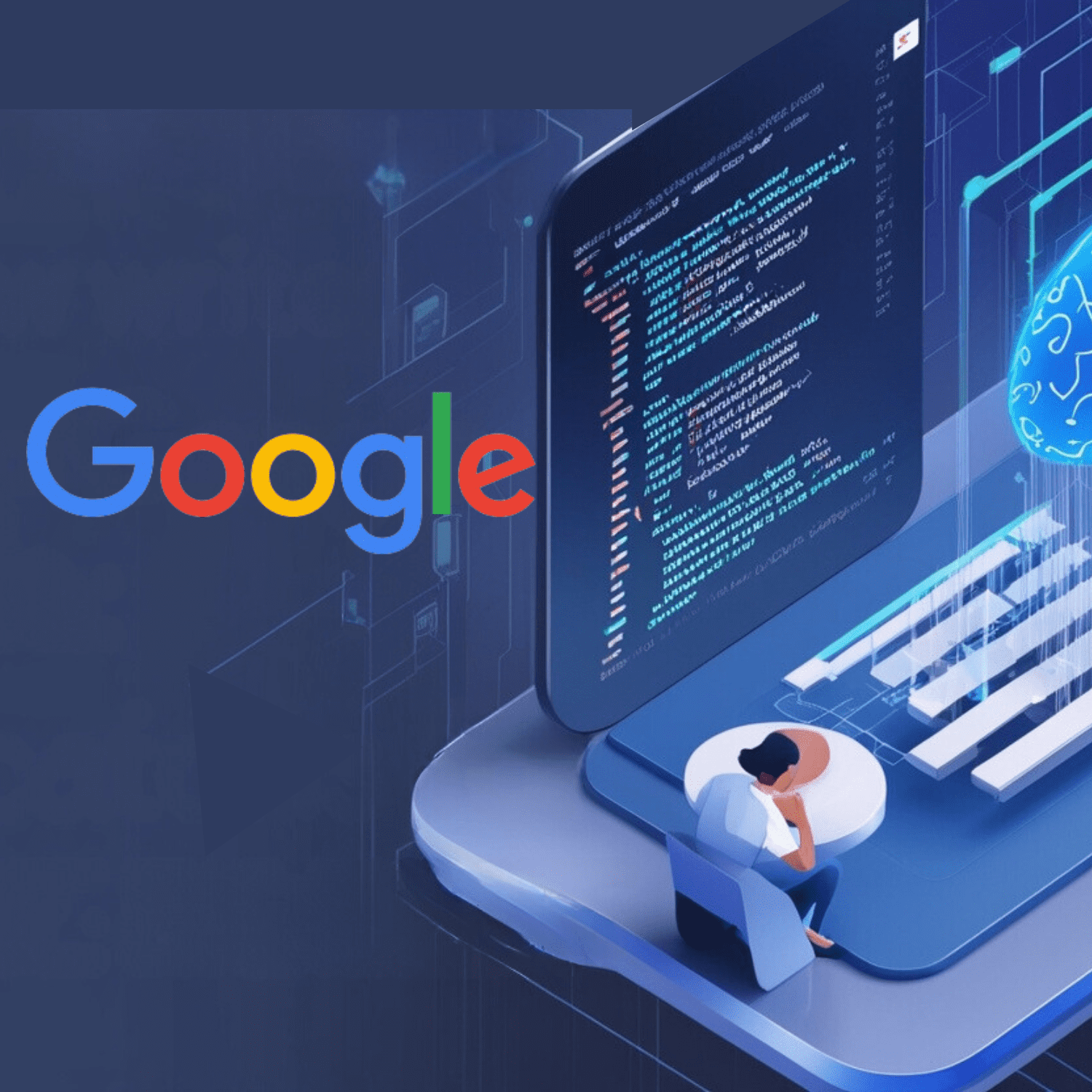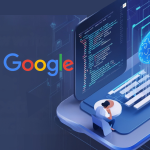In an era marked by rapid technological advancements, Google CEO Sundar Pichai recently made a significant announcement: 25% of the code at Google is now being generated by AI. This milestone not only underscores the capabilities of artificial intelligence in software development but also signals a shift in how tech giants are leveraging AI to reshape their workflows.
The Role of AI in Code Development
AI’s ability to write code efficiently has evolved considerably, moving from basic automation tasks to more sophisticated programming functions. At Google, AI-powered tools are now integrated into the software development lifecycle, handling tasks such as code generation, bug detection, and code optimization. This allows human engineers to focus on more complex, innovative aspects of development, enhancing productivity while maintaining high standards.
What This Means for Software Engineers
The increased use of AI in coding raises essential questions for software engineers about their future roles and the skills they need to develop. While AI tools can take over repetitive or straightforward coding tasks, human oversight remains critical to ensure the code aligns with overall project goals, complies with standards, and meets quality benchmarks.
Adaptability becomes a vital trait for engineers as they transition from primarily writing code to a more collaborative role that involves:
- Overseeing AI-generated code to catch errors or inefficiencies.
- Fine-tuning AI tools to align with specific project needs.
- Maintaining creativity in designing complex algorithms and solutions that current AI systems cannot yet fully replicate.
The Future of AI in Software Development
The integration of AI into coding processes suggests a future where developers are required to have dual expertise—both in programming and in using AI-driven development tools. This trend may lead to an increase in demand for professionals skilled in prompt engineering and the ability to train, customize, and manage AI systems effectively.
For the industry, this development could mean faster software releases, fewer errors, and potentially more innovative applications as the efficiency of AI allows more resources to be allocated to research and innovation. However, it also brings challenges:
- Ethical considerations in how much control AI should have over the software development process.
- Job market shifts, where engineers must pivot from traditional coding to roles emphasizing oversight, creativity, and AI management.
What Does This Mean for Aspiring Developers?
For those looking to enter the field, embracing AI tools early and learning how to work alongside them will be crucial. Courses on AI-assisted coding, machine learning, and prompt engineering are becoming valuable investments for future-proofing a career in tech. Knowledge of AI ethics and responsible coding practices will also be essential as reliance on AI grows.
Conclusion
As AI continues to evolve, its role in software development is set to expand, potentially writing more than just a quarter of the code in the future. The balance between AI-driven and human-driven programming will redefine what it means to be a software engineer, emphasizing adaptability, creativity, and the ability to harness AI’s capabilities for maximum impact.





